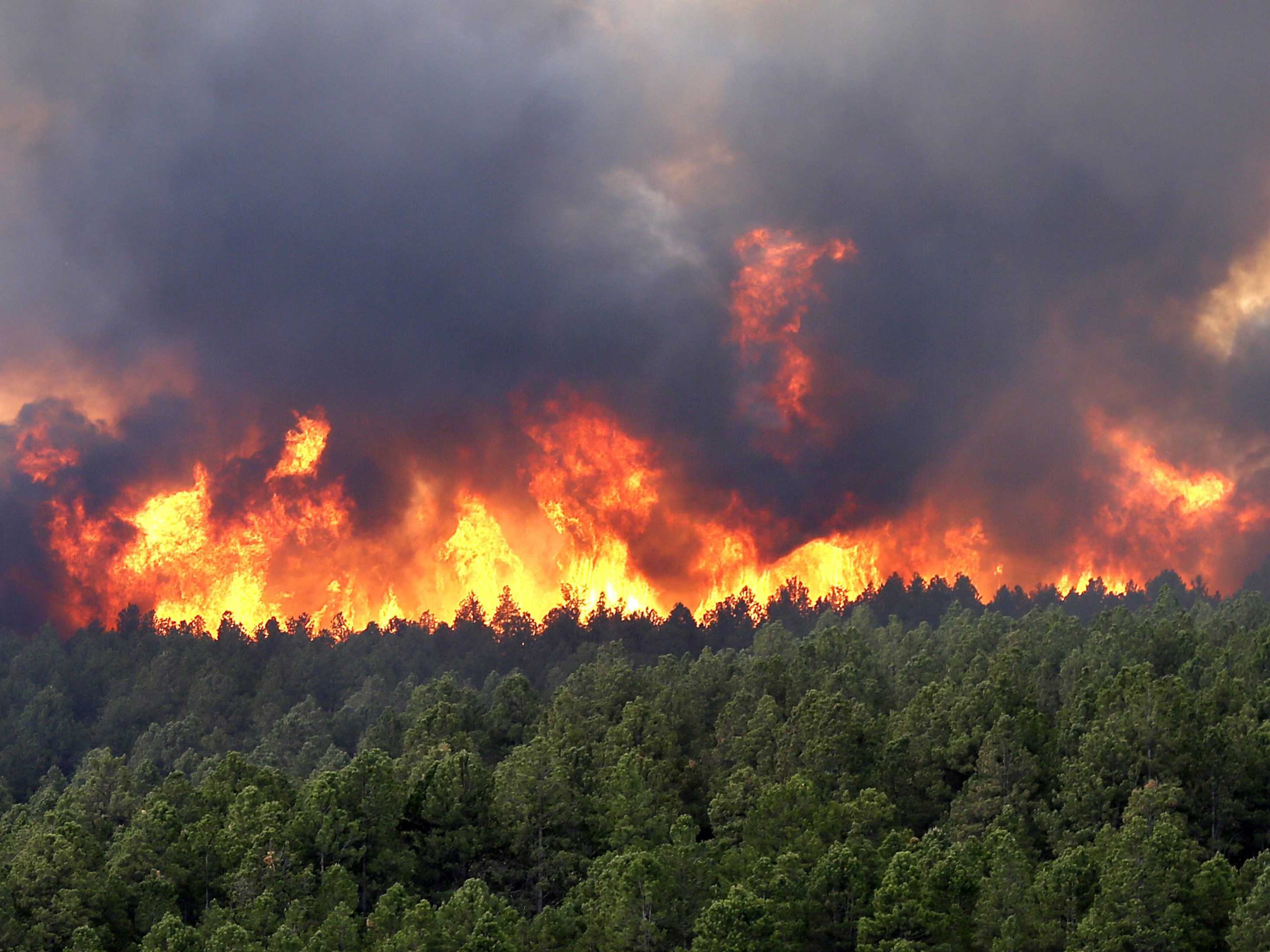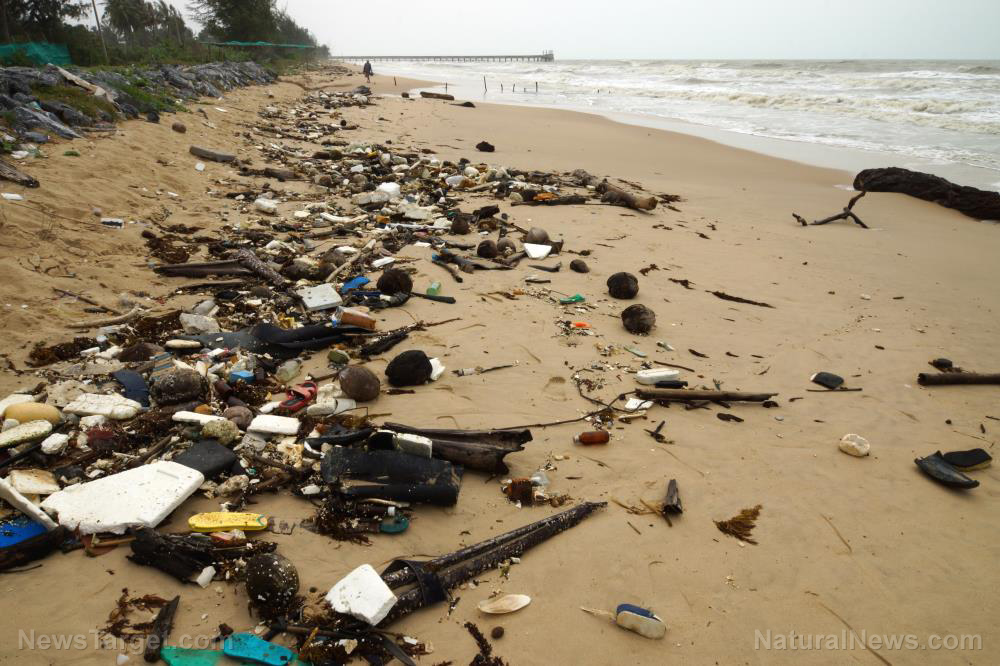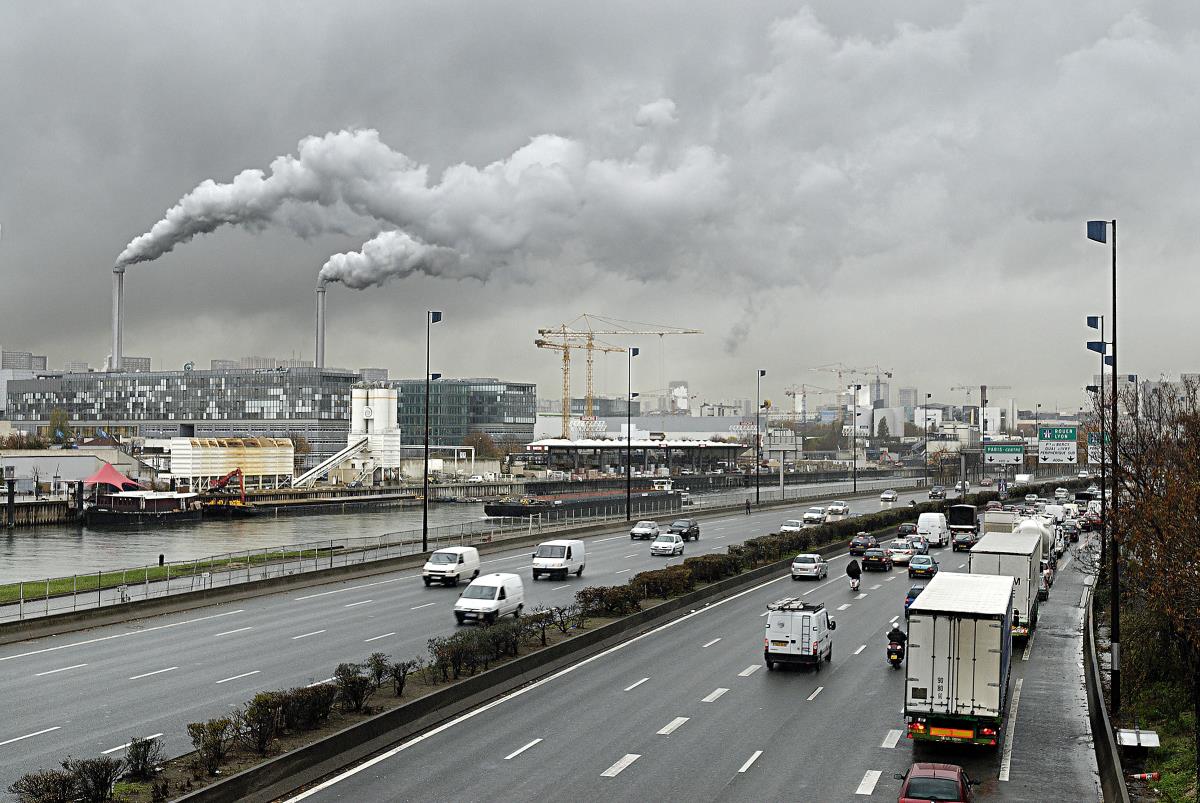Volcanic ash can stay in the air for months – or longer
09/17/2020 / By Virgilio Marin

A recent study found that volcanic ash may linger in the atmosphere longer than scientists previously thought, potentially affecting climate worldwide.
Researchers from the United States and China studied the 2014 eruption of Mt. Kelut in Indonesia. The eruption unleashed volcanic ash that reached miles into the sky and blanketed hundreds of miles in diameter.
Under normal circumstances, the ash would have cleared the sky shortly after the eruption; volcanic ash particles are relatively dense and heavy – they fall to the surface more quickly than gas particles.
But a month after the eruption, some members of the team, in an aerial expedition around the area, observed that large particles were still in the air near the volcano.
“They saw some large particles floating around in the atmosphere a month after the eruption. It looked like ash,” said lead author Yunqian Zhu, a research scientist at the Laboratory for Atmospheric and Space Physics at the University of Colorado, Boulder.
Combining real-world observations of the eruption with advanced computer simulations, the team confirmed their initial observation and found that volcanic ash can remain in the air for months, or more, after an eruption. In turn, volcanic ash may have a bigger influence on climate than scientists previously estimated, said the researchers.
The findings of the study were published in the journal Nature Communications.
Volcanic ash lingers in the air
Volcanic eruptions are known to affect climate. They unleash enormous amounts of sulfate-rich particles into the atmosphere, where they can block incoming sunlight and trigger a widespread cooling effect. But scientists haven’t thought that volcanic ash could also play a role in climate shift, due to how easily it falls from a volcanic cloud.
The researchers examined the volcanic plume ejected from the eruption using aircraft and satellite observations. They found that the plume contained huge amounts of small ash particles that were likely capable of sustained floating in the air. The particles were less dense than typical volcanic glass; instead, they were nearly as lightweight as pumice.
“[What] we’ve found is that these floating ones have a density that’s more like pumice,” said Zhu.
The researchers further observed that these particles trigger chemical changes in the entire volcanic plume. Volcanic eruptions spew a lot of sulfur dioxide, which gets converted into sulfuric acid by interacting with other molecules in the air. This chemical process usually takes weeks to finish.
However, observations of previous volcanic eruptions indicated that it could occur a lot faster. This happens when molecules of sulfur dioxide interact with ash particles, the researchers found. In turn, ash-specific binding could strip the air of sulfur dioxide by 43 percent more than other chemical interactions in two months.
The team warned that volcanic ash clouds might significantly affect climate and cause widespread cooling and ozone depletion. Long-lasting particles in the atmosphere could darken and, even, cool Earth after an eruption. Meanwhile, floating ash can travel from locations as far as the western Pacific to the poles, where it can trigger chemical reactions that can deplete the ozone layer. (Related: Large volcanic explosions pose the greatest threat to human existence and could destroy society as we know it.)
“I think we’ve discovered something important here,” said co-author Owen Toon, a professor at the University of Colorado, Boulder. “It’s subtle, but it could make a big difference.”
The researchers hope that their findings could spur further research into the effects of volcanic ash clouds on climate.
Climate.news has more on the impact of a volcanic eruption on climate.
Sources include:
Tagged Under:


















